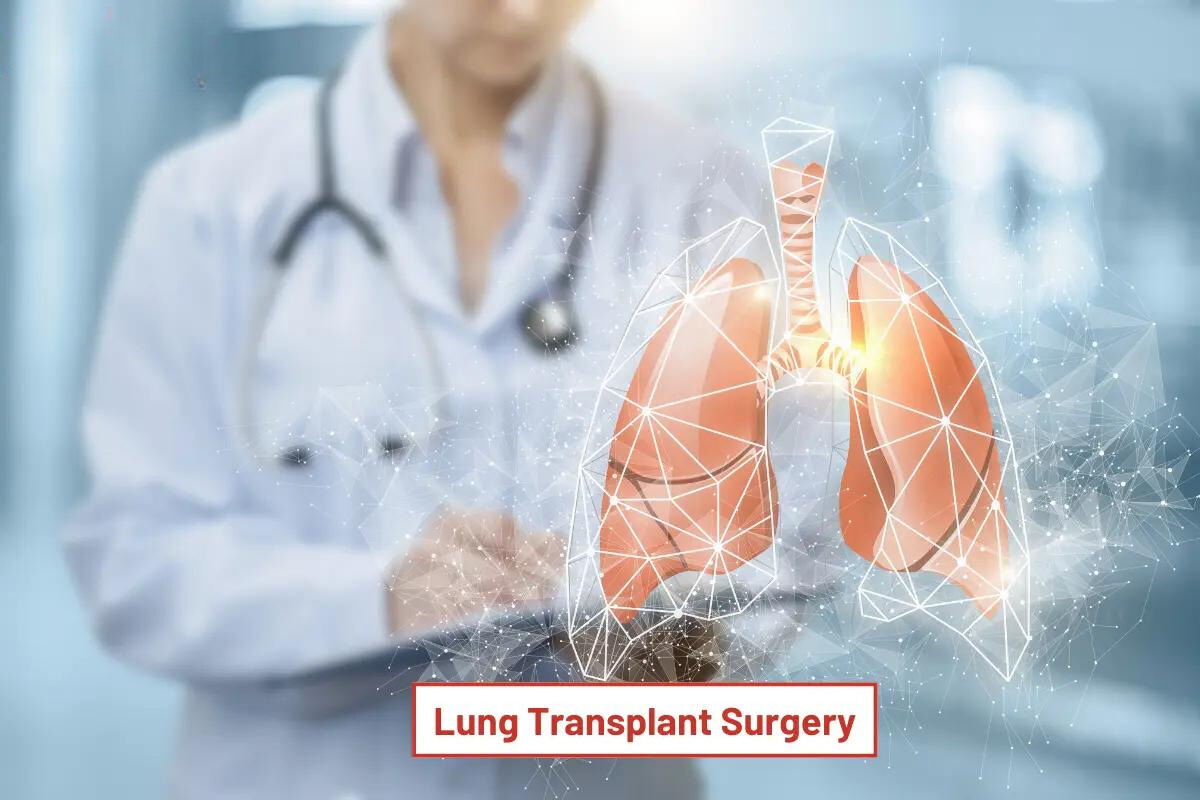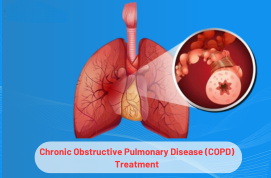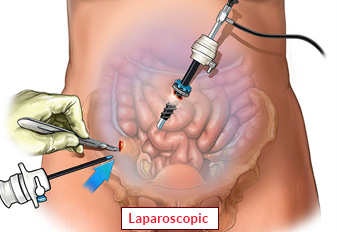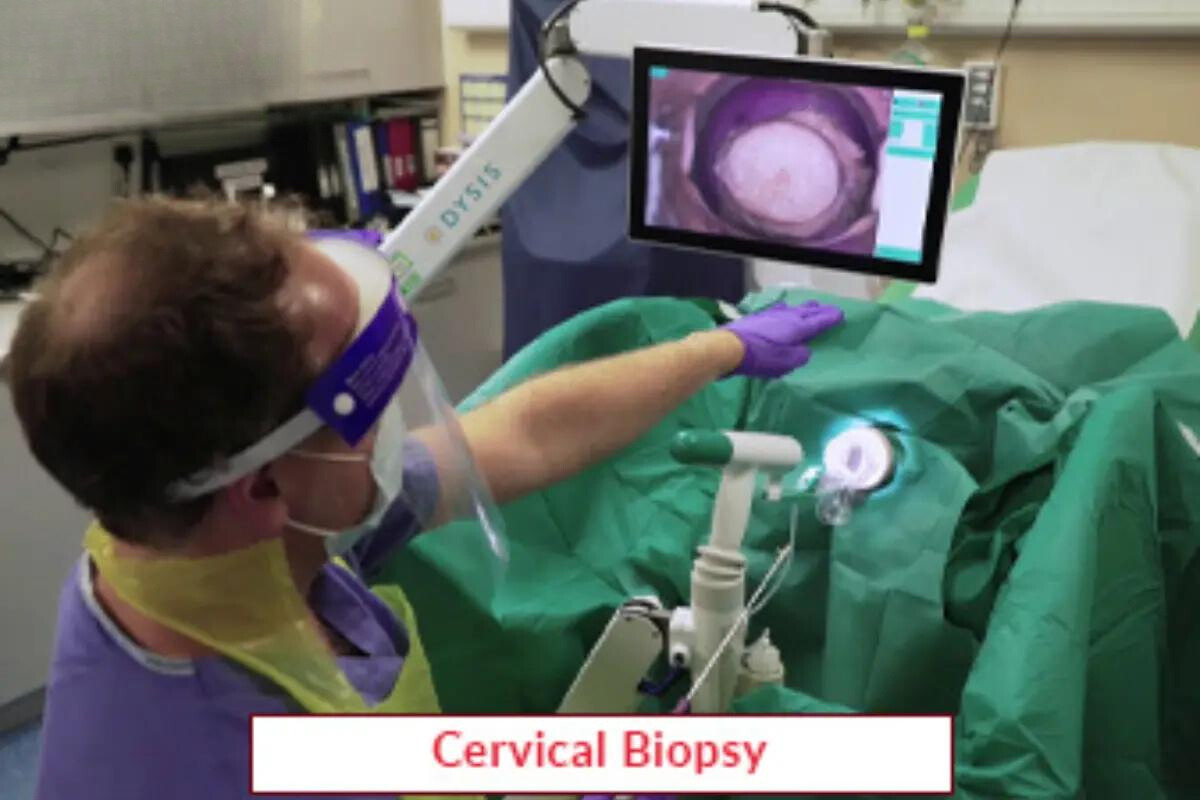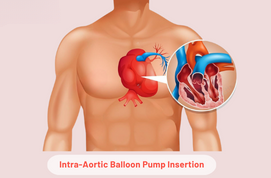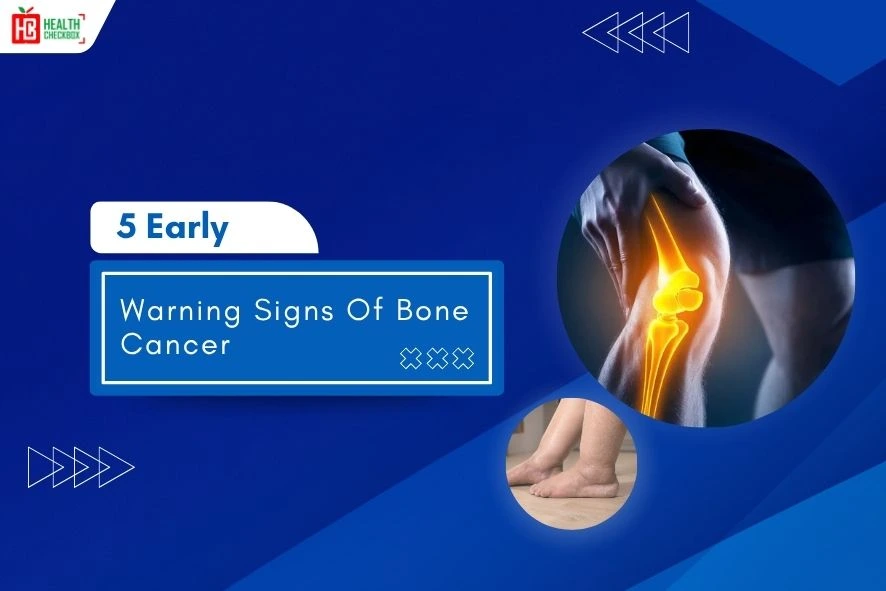When lungs become non-functional, then either single or both lungs are replaced by healthy organs. Lung transplant treatment is performed when other treatments and surgeries are not effective. Then a single or pair of lungs are removed from the donor and transplanted to the recipient. There are some serious medical conditions that require this organ transplant. It is a good option for those who are experiencing severe lung disease.
What Conditions Can Be Treated with Lung Transplantation?
There are various conditions which are related to the lungs can be treated, and these are mentioned below:
- Cystic Fibrosis
- Idiopathic pulmonary fibrosis
- Pulmonary Hypertension
- Chronic Obstructive Pulmonary Disease
- Intestinal Lung Disease
- Heart disease
Types of Lung Transplant
It is of 3 types, which include:
- Single lung transplant
- Bilateral sequential lung transplant
- Heart-lung transplant, both lungs, along with the heart, are replaced with donated organs.
Procedure of Lung Transplant
This organ transplant surgery is completed in the following ways:
Diagnosis & Tests
It is the first step before starting the treatment, and there are some test that are run by a doctor. These are as follows:
- Pulmonary function test
- Physical and family medical history
- Chest X-rays
- CT scan
- Bone density test
- Colonoscopy
- Blood tests
- Tissue typing test to check compatibility with the donor
- Echocardiogram
- Dental exams
- Blood typing
Note:- In case of females, you should consider mammograms and a Pap smear test. A prostate exam is done for males.
Steps for Lung Transplant Treatment Procedure
The transplantation has some requirements and completed in the following steps:
Step 1: Evaluation
This is the first step in which the procedure is evaluated by a transplant team. It includes dietician, surgeon, nurses, pulmonologist, and anaesthesiologist. They will help to determine your eligibility for this transplant. Your medical and family are checked by running some tests. Such as blood tests, urine test, bone density tests, and imaging tests.
It is important to determine your emotional and mental health. A team will make you understand the benefits and risks after the transplantation process. Your age and health are important factors that are considered by the healthcare centre.
Step 2: Lung Composite Allocation Score
To start the procedure, the score of CAS is given to an individual. This score is also determined on the various factors; function of the organ, age, and severity of disease.
Step 3: Placed in the Waiting List
After determining your eligibility, you will be put on the waiting list. Transplant support groups will help to learn coping skills to balance your mental health. You will ask to avoid smoking and drinking alcohol by following a healthy lifestyle, like eating healthy food and being physically active. Being on a waiting list, you have to be available and can reach the centre in a short duration.
Step 4: Surgery
Time duration of the lung transplant depends on its type which may vary, and your health. It may take 4 to 12 hours to complete the procedure which is done in the following way:
- You have to lie on your back or on your side.
- Anesthesia is given to the patient through the veins, this will numb and decrease discomfort during an operation.
- You will connect with a mechanical ventilator that will help you to breathe.
- A urinary catheter will be inserted into the bladder to collect your pee.
- A small cut is made in the chest for a single lung transplant, and another cut for both lung transplants.
- Your non-functional lung is removed with a healthy one. This new organ is attached with airways and blood vessels.
- All cuts are closed by using stitches.
Step 5: Life After Lung Transplant Surgery
Once the transplantation is completed then it is important to monitor various things. There may be the chances of rejection and complications. So you will be advised to take anti-rejection medicines. Its recovery time can vary because the patient’s body takes time to adjust with new lungs and medications. Your surgeon will ask you to take pain-relieving drugs while maintaining a healthy lifestyle. It is also advised to quit smoking and drinking because this bad habit may cause risk to your lungs.
Are There Any Risks of Lung Transplant?
Yes, there are some risks that are linked with this transplantation. These may vary from person to person:
- Blood clots
- Infection
- New organ can be rejected
- Airways get blocked
- Bleeding
- Fluid in the lung or severe pulmonary
- Blockage of the blood vessels of the new lungs
Our Other Services
Latest Health Tips
Can Immunotherapy Cure Stage 4 Lung Cancer?
Early Signs of Cervical Cancer
Foods that Kill Cancer: Leafy Vegetables, Grains, & More
What Stage of Cancer is Immunotherapy Used For?
Which is Worse for Cancer, Sugar or Alcohol?
Vaccines That Prevent Cancer
What Kills Cancer Cells in the Body Naturally?
Early Warning Signs of Bone Cancer
Submit Your Enquiry
Testimonials








